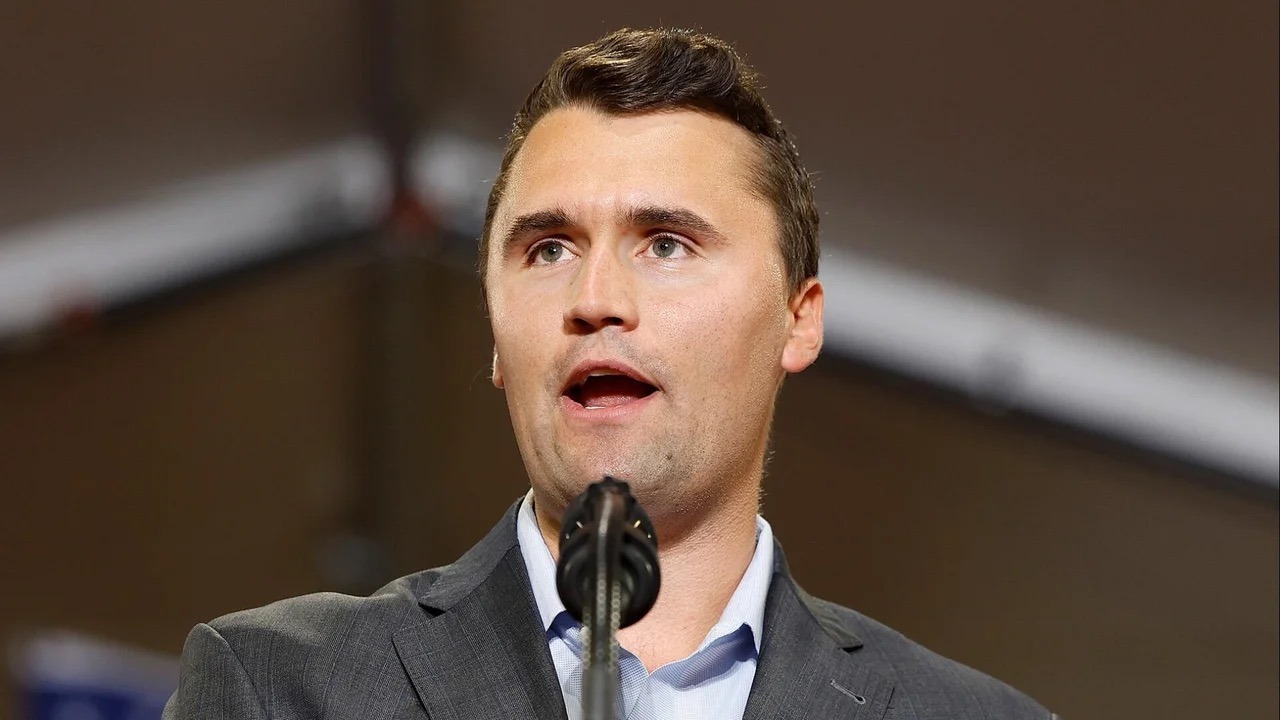
Remembering Charlie Kirk: A Controversial Figure in Faith and Politics
Charlie Kirk, founder of Turning Point USA and a prominent voice for conservative values, recently passed away, leaving behind a complex legacy intertwined with faith, politics, and youth engagement. For families cherishing Christian values, understanding his impact and philosophy is crucial for navigating today’s cultural landscape.
The MAGA Doctrine and Its Impact on Christian Communities
Many know Kirk for his advocacy of the 'MAGA Doctrine,' which championed a blend of American conservatism and Christian principles. This unique perspective appealed to a generation of young Christians, encouraging them to actively engage in political discussions that shape their communities. His ability to link faith and activism resonated with many families who value strong moral foundations.
How Politics Influences Family Dynamics
In today's divisive climate, the role of political activism within families is a topic of increasing importance. Kirk's work underscored the potential for faith-based initiatives to influence legislation, thereby impacting family life directly. Families who embrace community engagement through the lens of their beliefs can navigate challenges with a greater sense of purpose and direction.
Charlie Kirk's Strategies for Youth Engagement
Kirk's methods often involved utilizing social media and public speaking to connect with young people. His emphasis on grassroots activism sparked interest among youth seeking to align their beliefs with actions. For families, adopting similar tactics can be a way to engage children and teenagers in meaningful discussions about faith and community involvement.
Lessons on Unity and Community Within Diversity
One of the vital lessons from Kirk's life is the importance of unity within the Christian faith, despite differing opinions. He encouraged communities to come together to support shared values while still respecting diverse perspectives. Families can harness this teaching to foster productive conversations and relationships within their communities.
Reflection on Charlie Kirk’s Legacy
While opinions on Charlie Kirk's thoughts and actions vary largely, many in faith-oriented families recognize the urgency of his call to action. The challenge lies in discerning how to carry forward his teachings, balancing activism with compassion and understanding for differing viewpoints, a value deeply rooted in biblical teachings.
A Call to Engage with Faith and Purpose
As we reflect on the life and contributions of Charlie Kirk, it’s essential for families to consider how they might engage with the world around them. Whether discussing political principles at the dinner table or participating in community service, these actions can help nurture faith-filled interactions and inspire the next generation of believers to lead with integrity and purpose.
Families are encouraged to explore these themes within their households, emphasizing a collective understanding of faith-based activism and its pervasive role in shaping communities for better.
 Add Row
Add Row  Add
Add 








Write A Comment